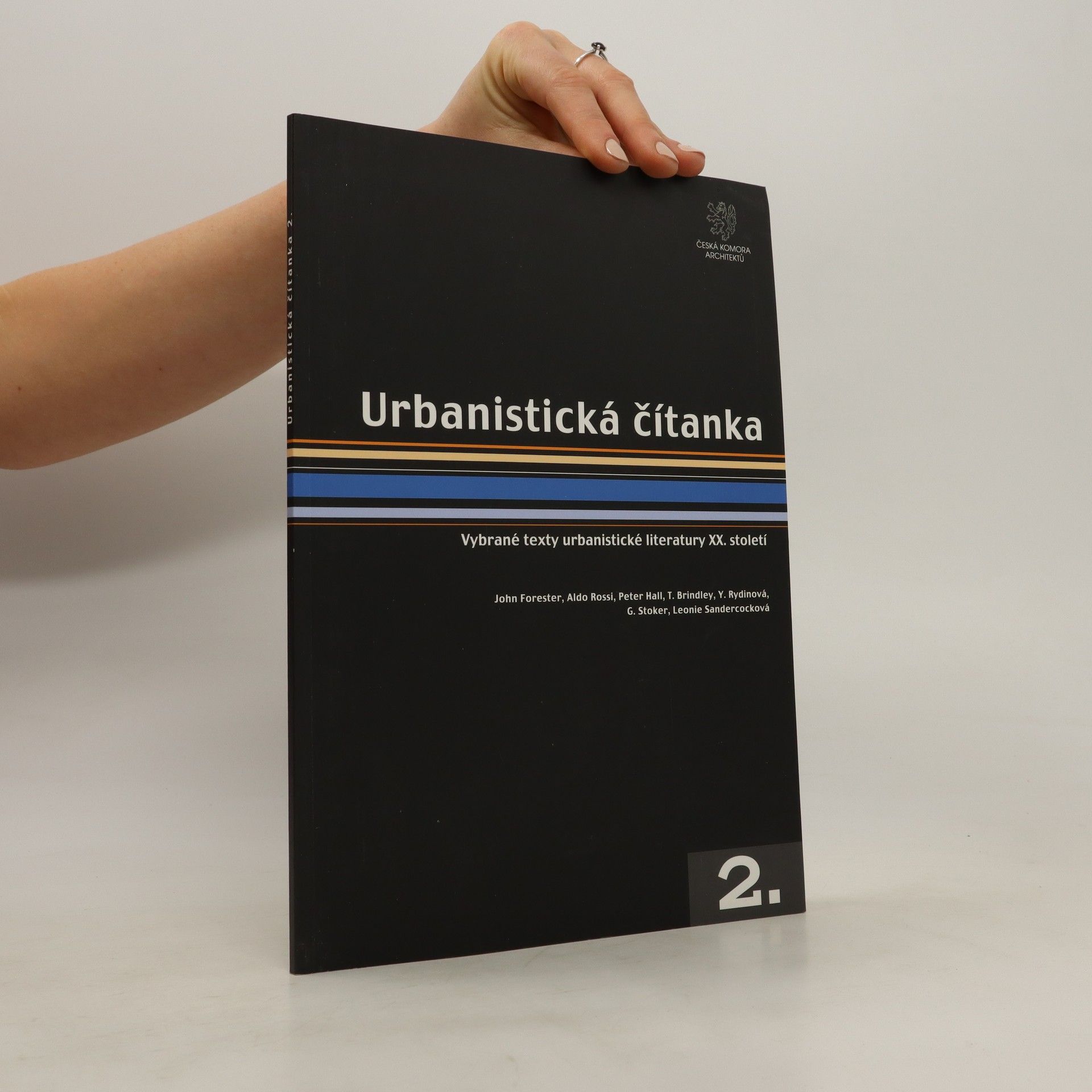John Forester Knihy
John Forester, syn slavného spisovatele C. S. Forestera, je známý jako „otec cyklistiky“ a tvůrce pojmu „efektivní cyklistika“. Jeho práce se zaměřuje na kritiku neefektivních a potenciálně nebezpečných cyklistických předpisů a vybavení, zejména na nedostatečnou viditelnost a nevhodná bezpečnostní řešení. Forester prosazoval praktický a vědecký přístup k cyklistice, který vycházel z jeho zkušeností průmyslového inženýra. Jeho aktivismus a publikace ovlivnily debatu o bezpečnosti cyklistů a designu infrastruktury.
